Would you go back to being 9, where your biggest worries were times tables and playground drama? Or maybe your early 20s, filled with endless possibilities, late-night adventures, and no back pain?
While pop culture tends to glorify youth, a recent survey found that people’s favorite age isn’t childhood or early adulthood. It’s 36.
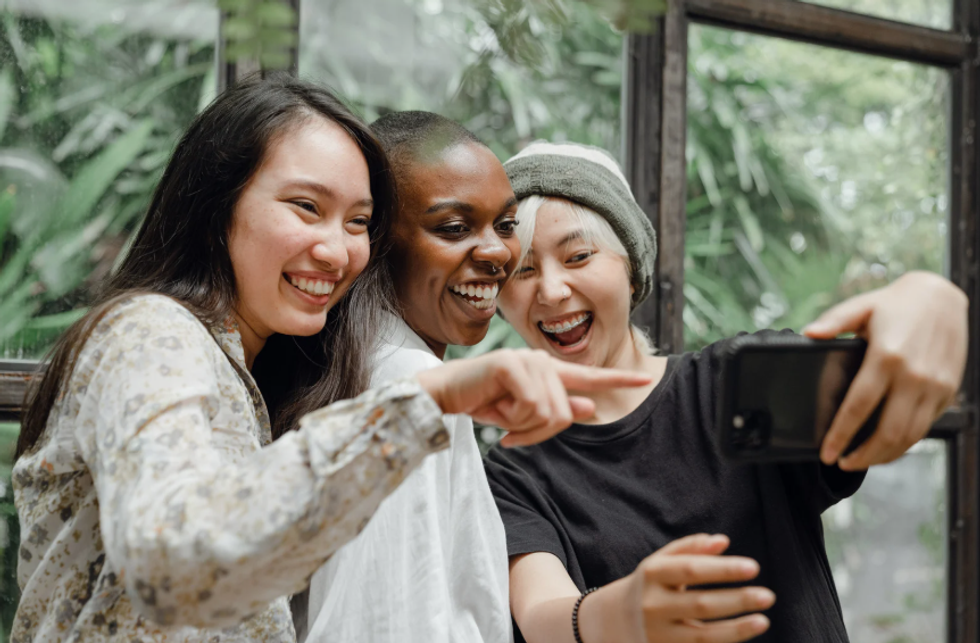
As surprising as that may sound, developmental psychologist I think it actually makes perfect sense.
The surprisingly joyful “crunch years”
@sidneyraz no words #todayilearned #tipsandtricks #lifehack #lifehacks
For the last four years, I've been studying people in their 30s and early 40s. My colleagues and I even coined a new term for this often-overlooked life stage: established adulthood — defined as ages 30 to 45.
It’s a time packed with major milestones: building careers, starting (or ending) marriages, raising kids, buying homes, or deciding not to follow any of those paths. It’s also when people start juggling demanding work responsibilities with caregiving for children, partners, or aging parents — what my colleagues and I call “the career and care crunch.”
At first, I expected to hear mostly stories of stress. But as we gathered data from hundreds of interviews and surveys, something unexpected emerged.
Yes, people were busy and overwhelmed. But they were also happy.

“I feel very solidly happy in this space right now,” said Yuying, 44. Nina, 39, described herself as “wildly happy.”
All names were changed to preserve participant anonymity, but the themes were strikingly consistent.
“I’ve put together a machine that finally works”
Many people reported feeling like their lives were finally clicking into place. After years of working on their careers, relationships, and personal growth, they felt confident and accomplished.
Mark, 36, said, “I’ve put together a machine that’s finally got all the parts it needs.”
adulthood, happiness research, confident adult, life in your 30s, parenting and careerwww.youtube.com
Jodie, also 36, shared that she had finally figured out what really mattered. “You don’t waste a bunch of time going on half a dozen dates with someone who’s not going to work out,” she said. “Your friend circle becomes a lot closer because you weed out the people that bring drama.”
Even the physical signs of aging didn’t seem to dampen the joy. Lisa, 37, said, “If I could go back physically but had to go back emotionally and mentally? No way. I’d take flabby skin lines every day.”
It’s not ideal for everyone
It’s important to note that not everyone experiences this phase the same way.
The original research largely focused on middle-class North Americans, many of whom were white. For people navigating systemic barriers — whether financial, racial, or otherwise — the “best years” might look very different.
And while the early 2020s were defined by a global pandemic that intensified pressure on parents and caregivers, many people are now navigating a post-pandemic world with more clarity about their priorities. For some, this reset has reaffirmed the value of their 30s — a time when they gained emotional strength, resilience, and purpose.
Rather than a decade of stress, many now view their 30s as a period of growth, hard-won insight, and, surprisingly, happiness.
age and happiness, 30s life, established adulthood, emotional maturity, parenting and career, midlife joy, life satisfaction, adult friendshipswww.youtube.com
The sweet spot worth paying attention to
That so many people would choose their 30s as their ideal age suggests this life stage deserves more attention.
Books like But You’re Still So Young by Kayleen Schaefer are helping to highlight the stories of people building careers, navigating relationships, and confronting big life questions in this decade.
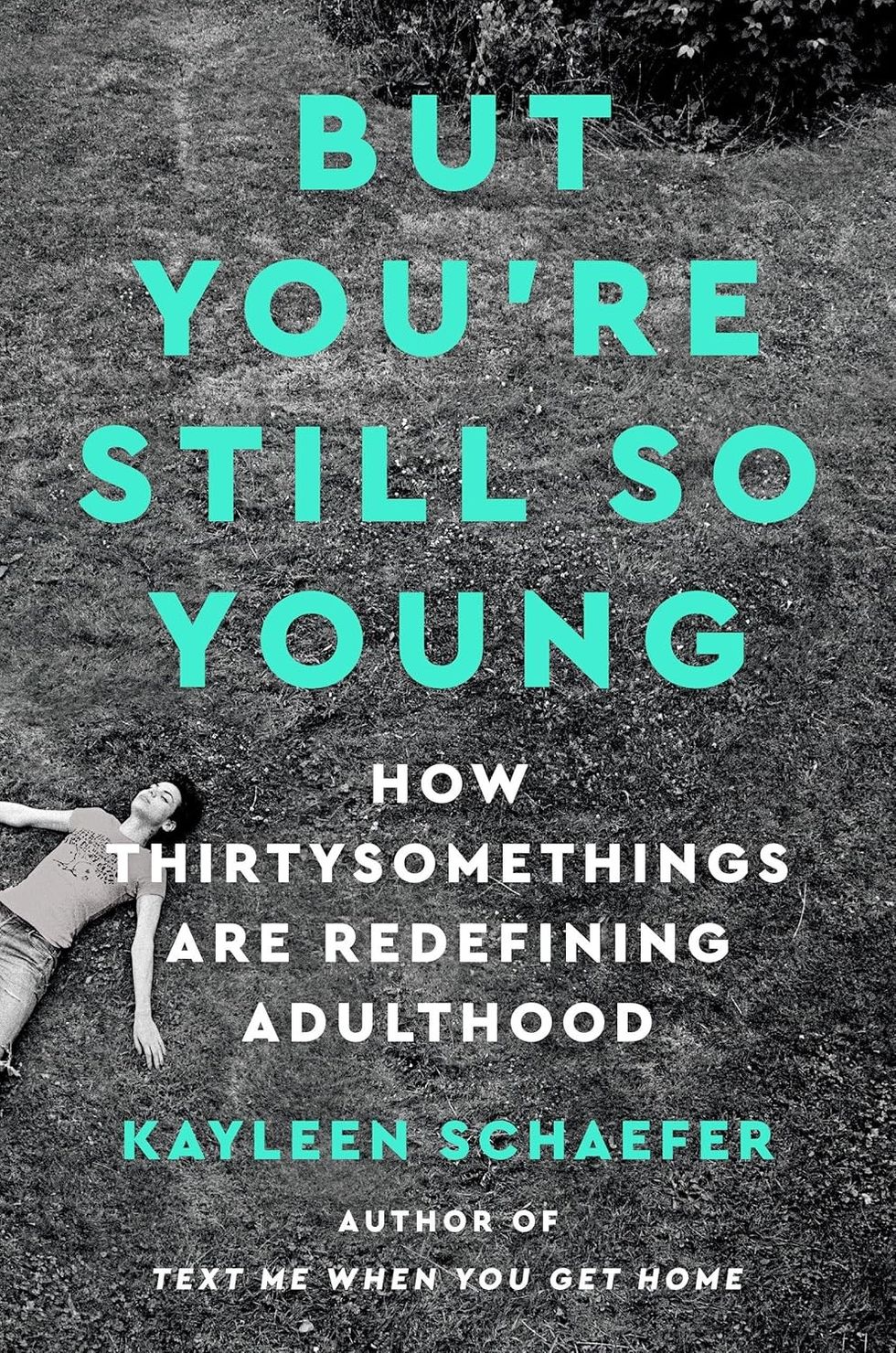
Clare Mehta is an Associate Professor of Psychology, Emmanuel College. This article originally appeared six years ago on The Conversation. You can read it here.





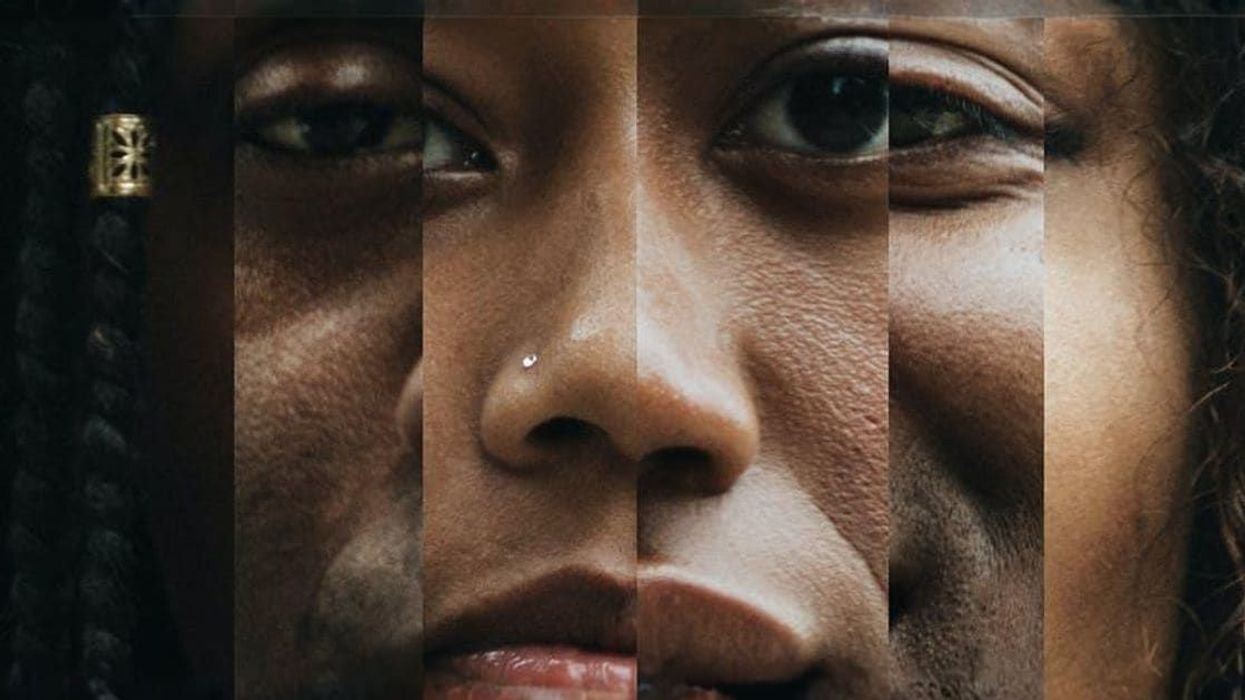
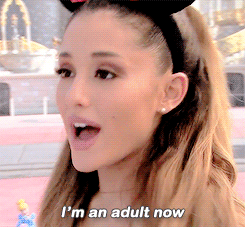
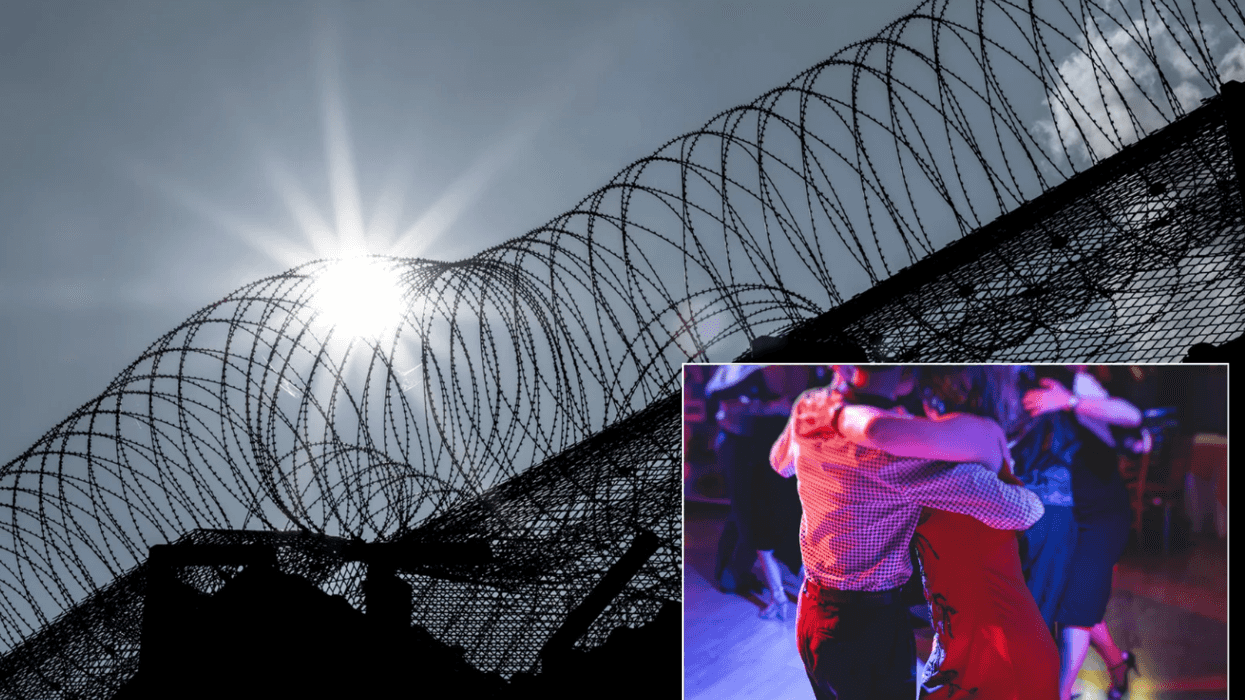

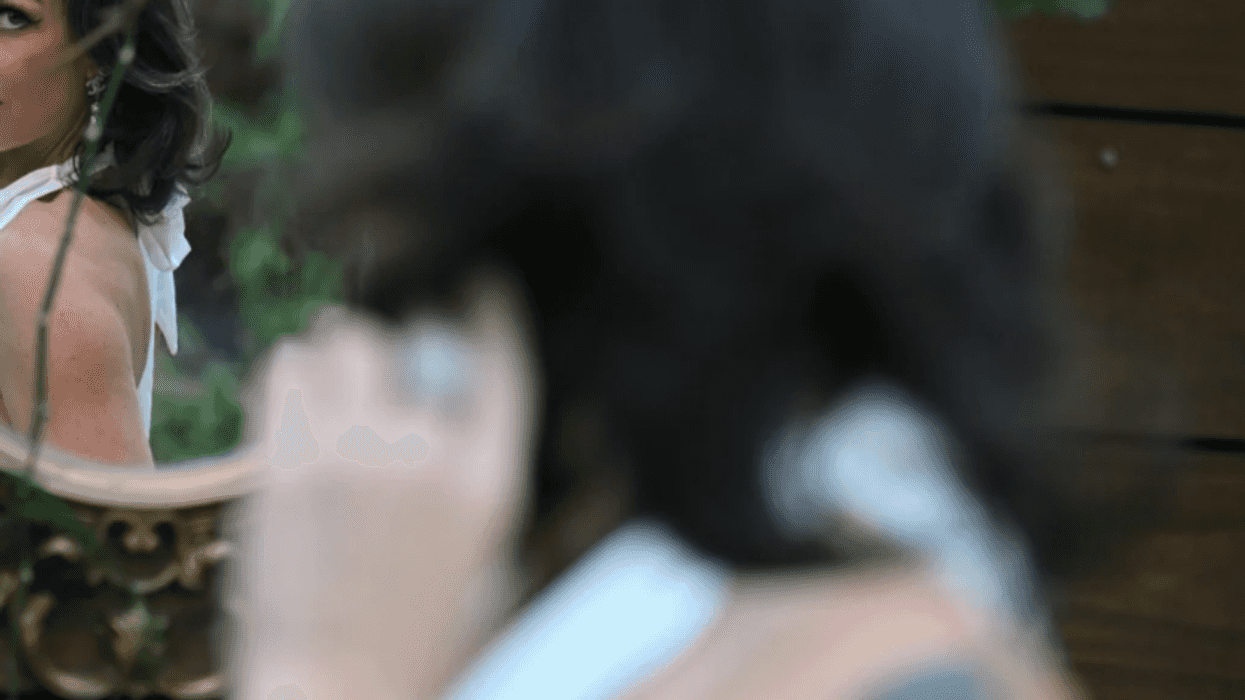








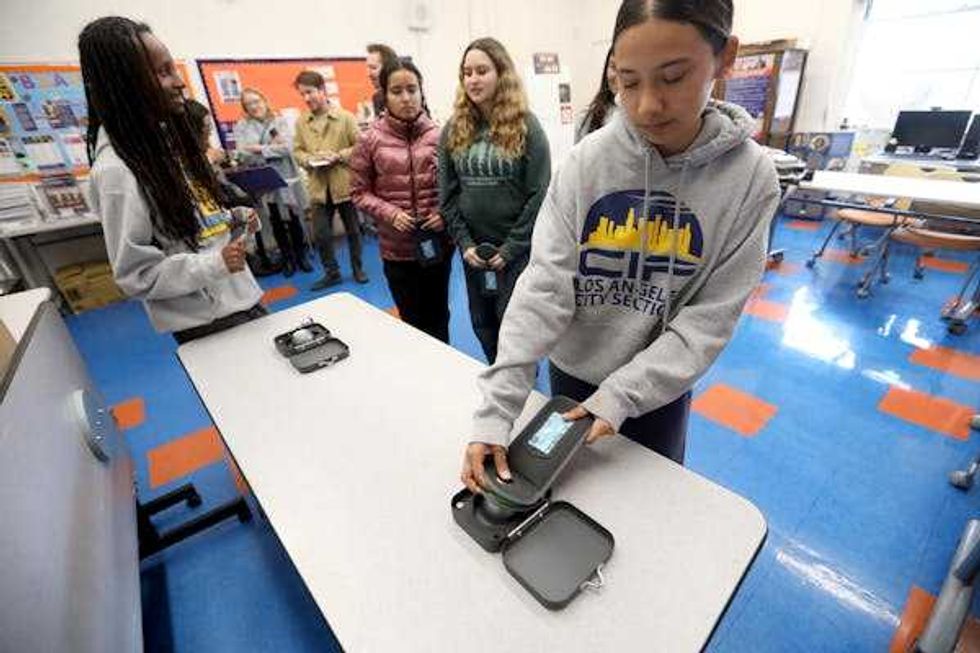 A high school senior shows how to unlock a magnetic pouch that holds her smartphone at University High School Charter in Los Angeles in March 2025.
A high school senior shows how to unlock a magnetic pouch that holds her smartphone at University High School Charter in Los Angeles in March 2025.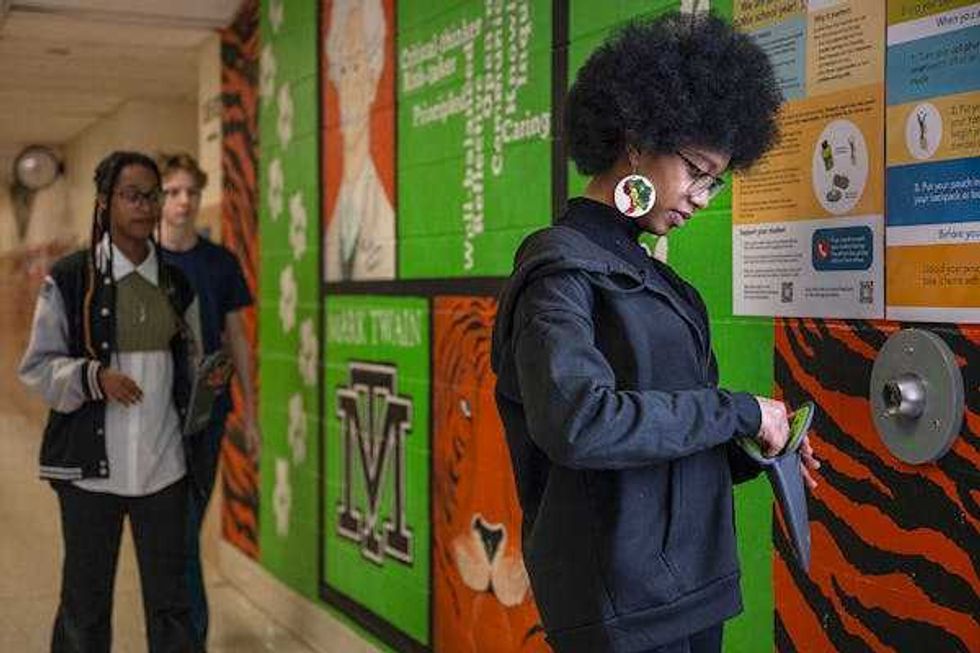 An eighth grader unlocks her cellphone from a pouch at Mark Twain Middle School in Alexandria, Va., in March 2025.
An eighth grader unlocks her cellphone from a pouch at Mark Twain Middle School in Alexandria, Va., in March 2025.
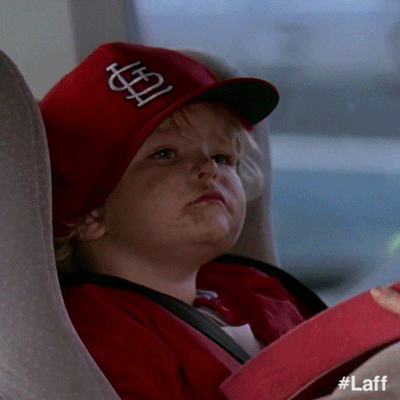 Gif of a mom wiping her child's dirty face via
Gif of a mom wiping her child's dirty face via 
 A woman holds a family member's hand in the hospitalCanva
A woman holds a family member's hand in the hospitalCanva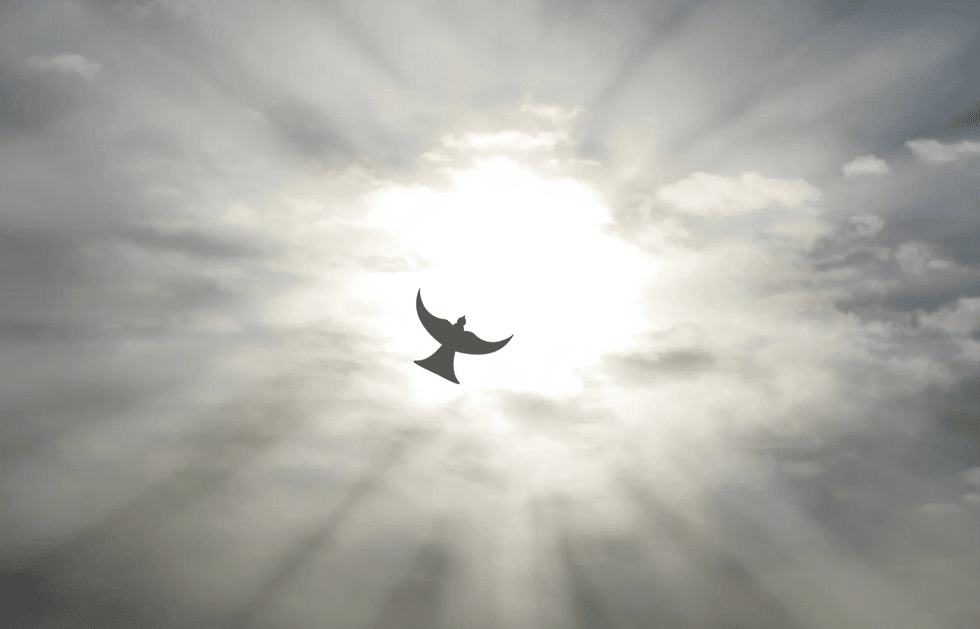 A bird flying across the sky under the sunCanva
A bird flying across the sky under the sunCanva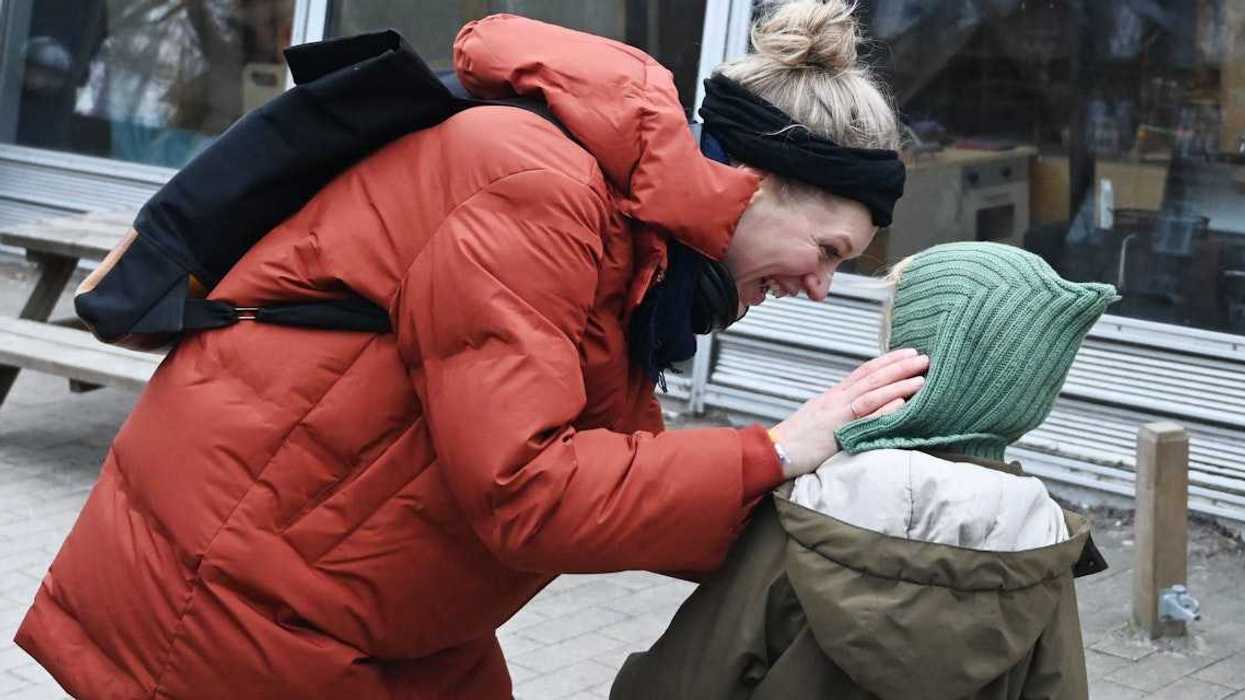
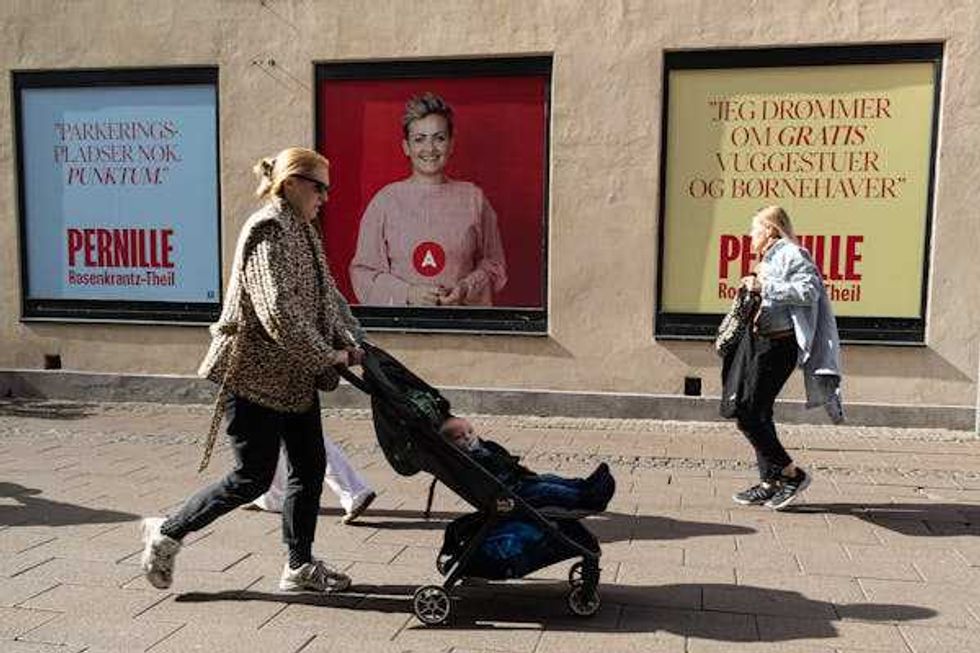 The ‘motherhood penalty’ is largest in the first year after a mom’s first birth or adoption.
The ‘motherhood penalty’ is largest in the first year after a mom’s first birth or adoption. 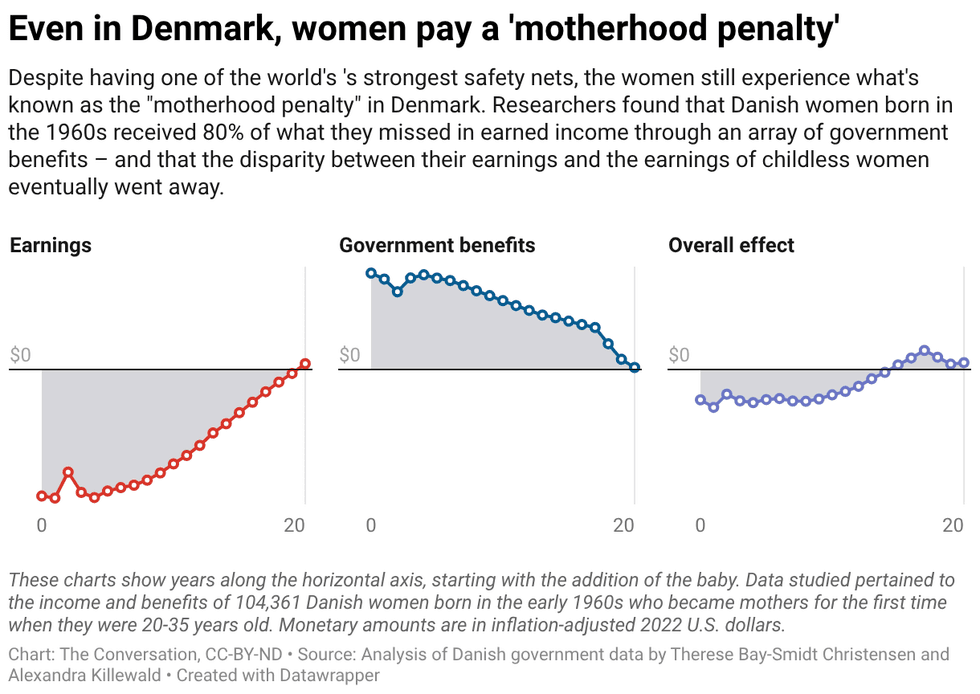

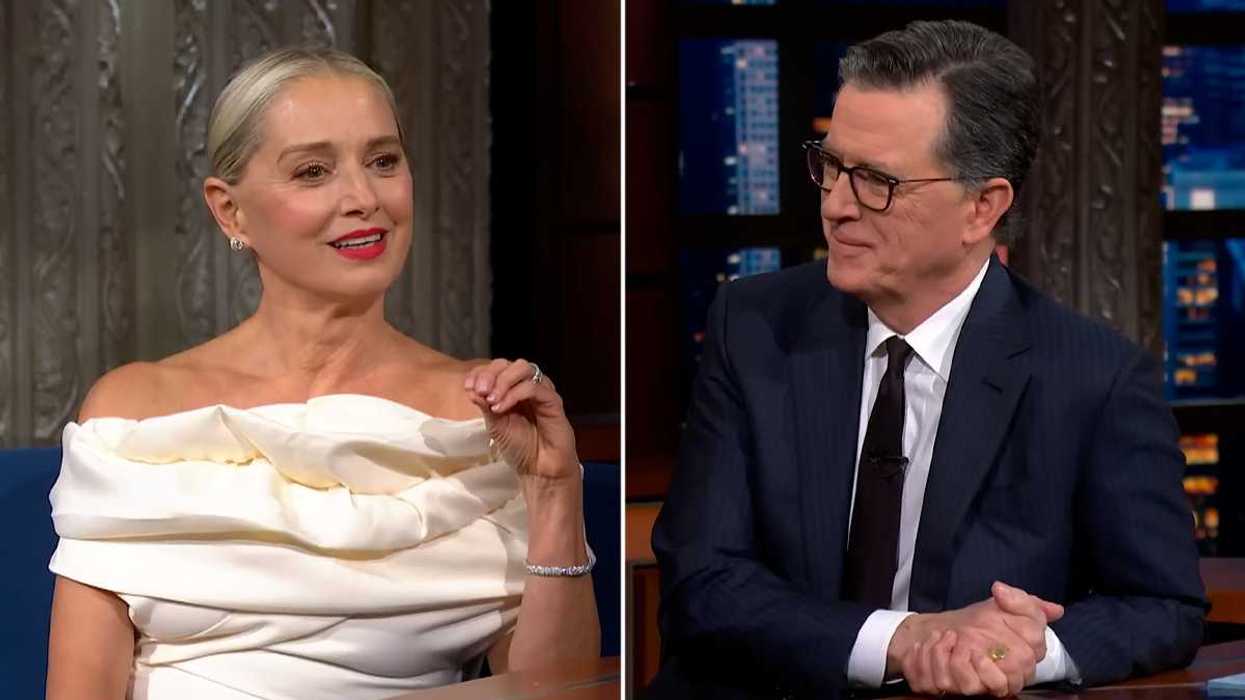
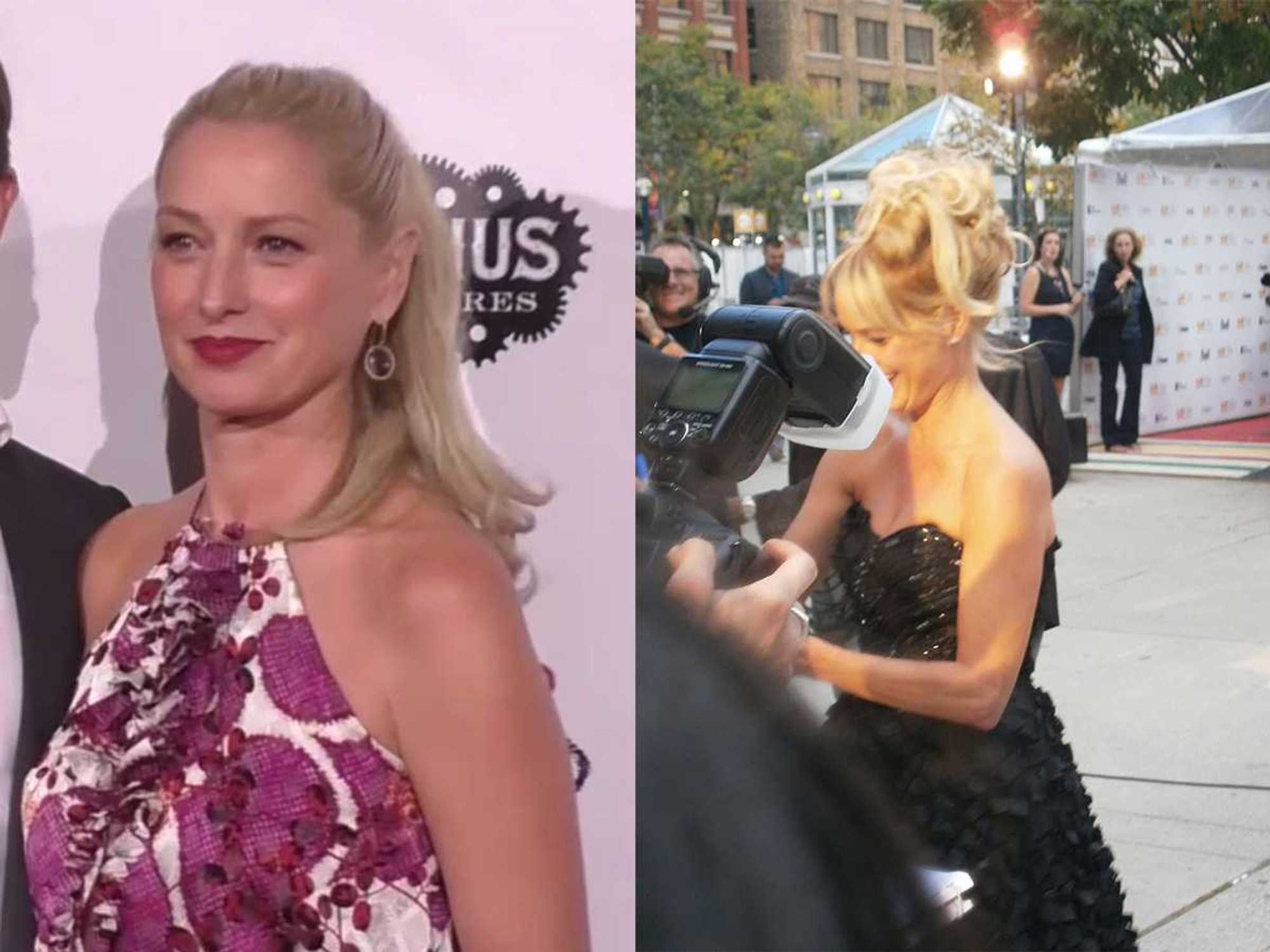 (LEFT) Film premiere at ArcLight Theatre Hollywood; (RIGHT) LaNasa signing autographs at TIFF.thepaparazzigamer/
(LEFT) Film premiere at ArcLight Theatre Hollywood; (RIGHT) LaNasa signing autographs at TIFF.thepaparazzigamer/ 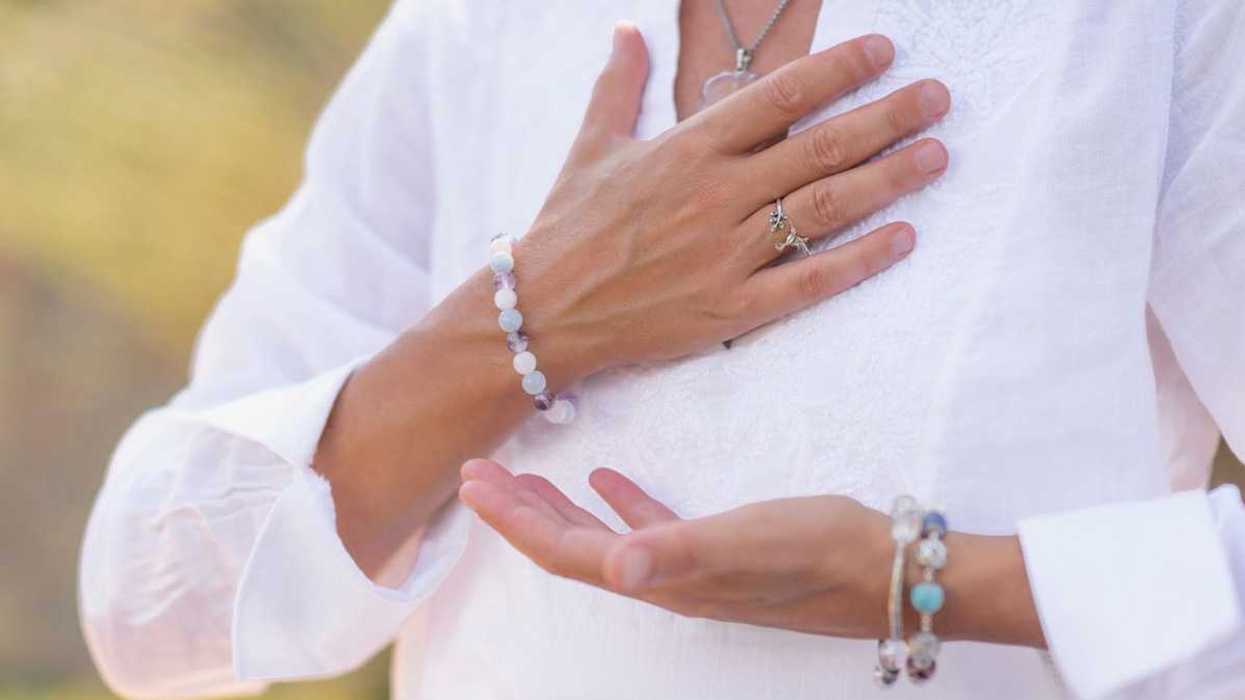 Radical acceptance.Photo credit:
Radical acceptance.Photo credit: 
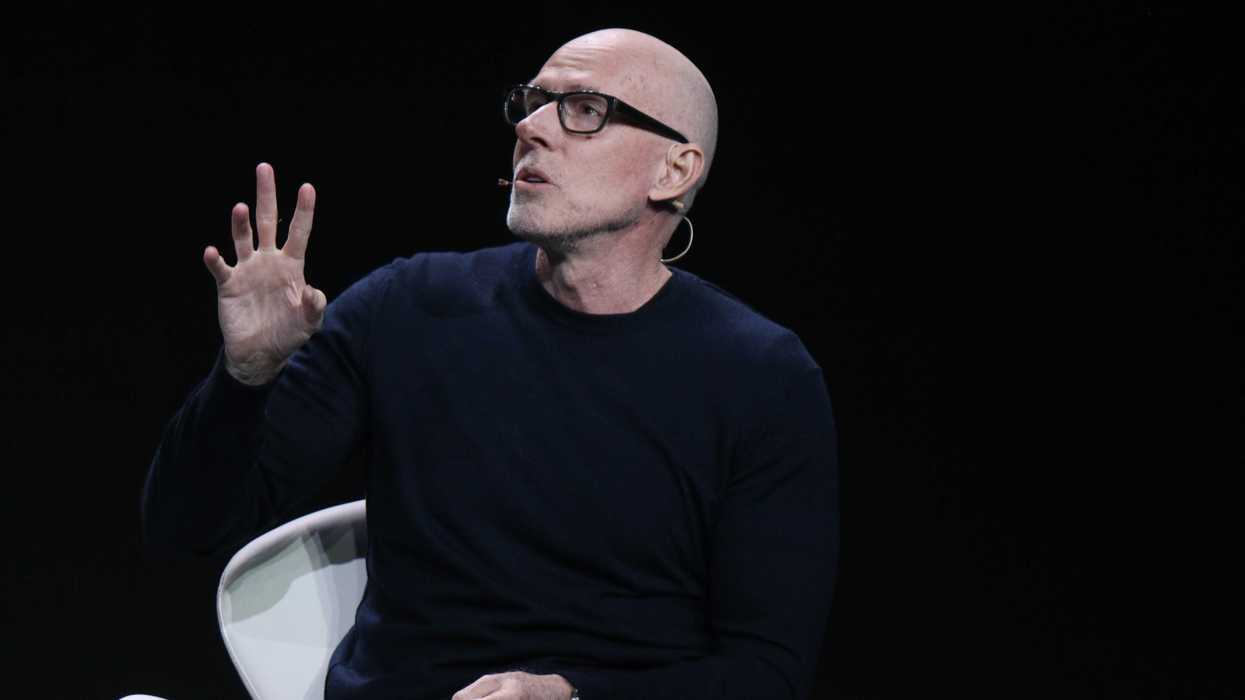 Scott Galloway in Barcelona in 2025.Photo credit: Xuthoria/
Scott Galloway in Barcelona in 2025.Photo credit: Xuthoria/ 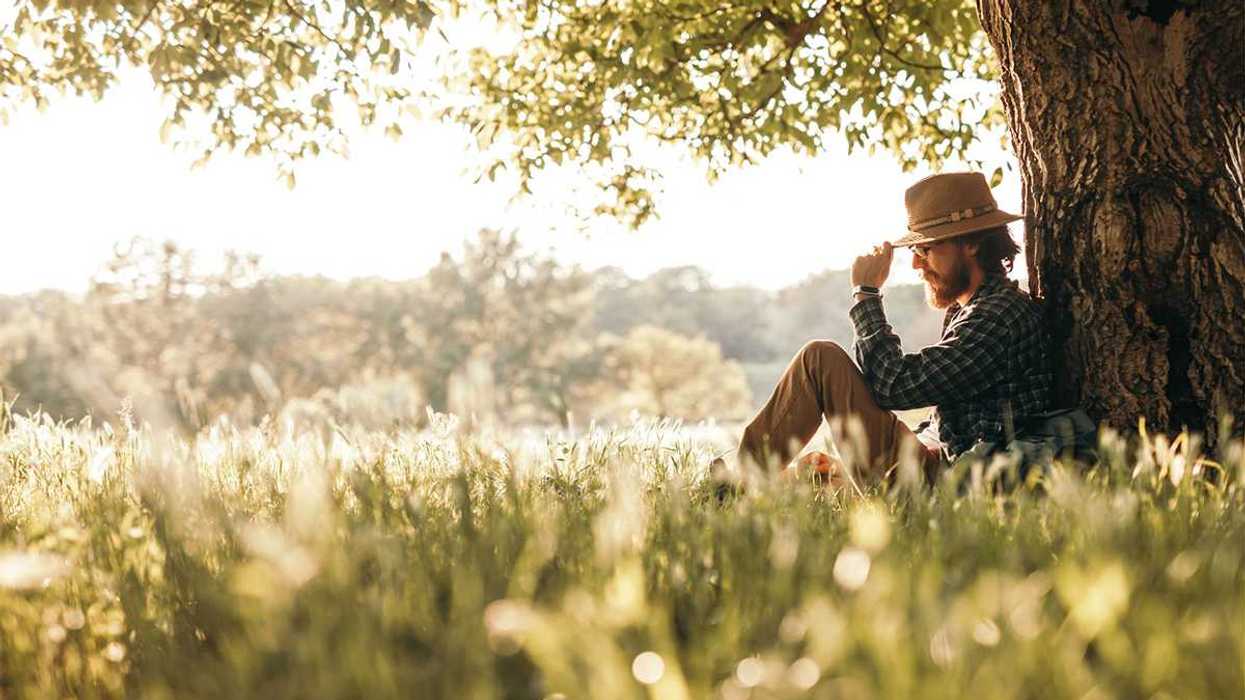 Resting in the shade of a tree.Photo credit:
Resting in the shade of a tree.Photo credit:  Two people thinking.Photo credit:
Two people thinking.Photo credit: 